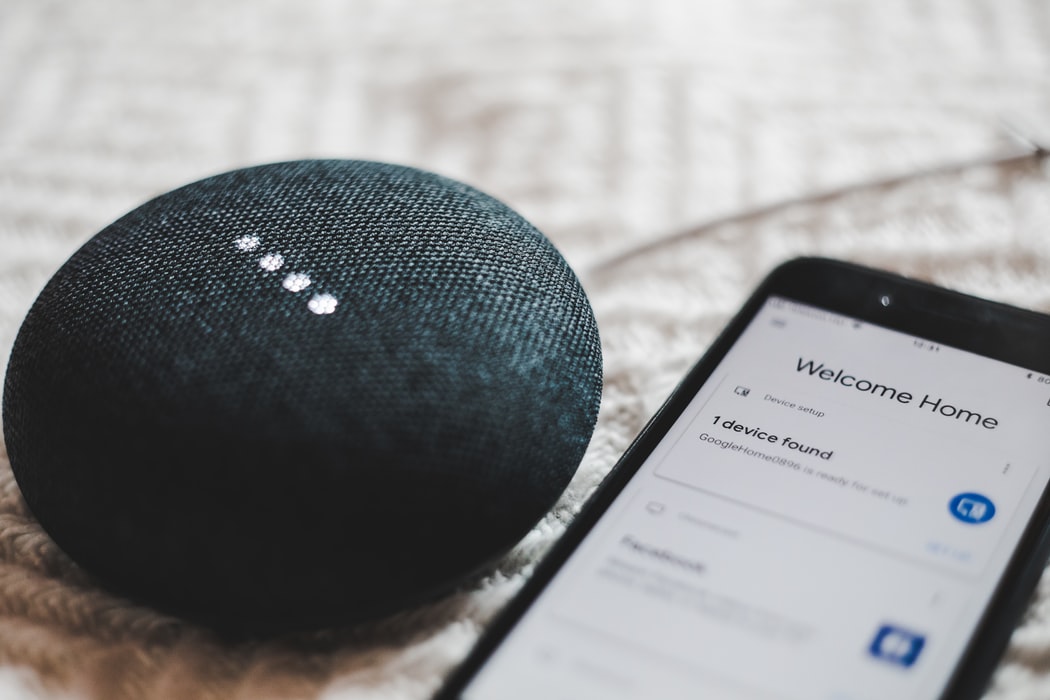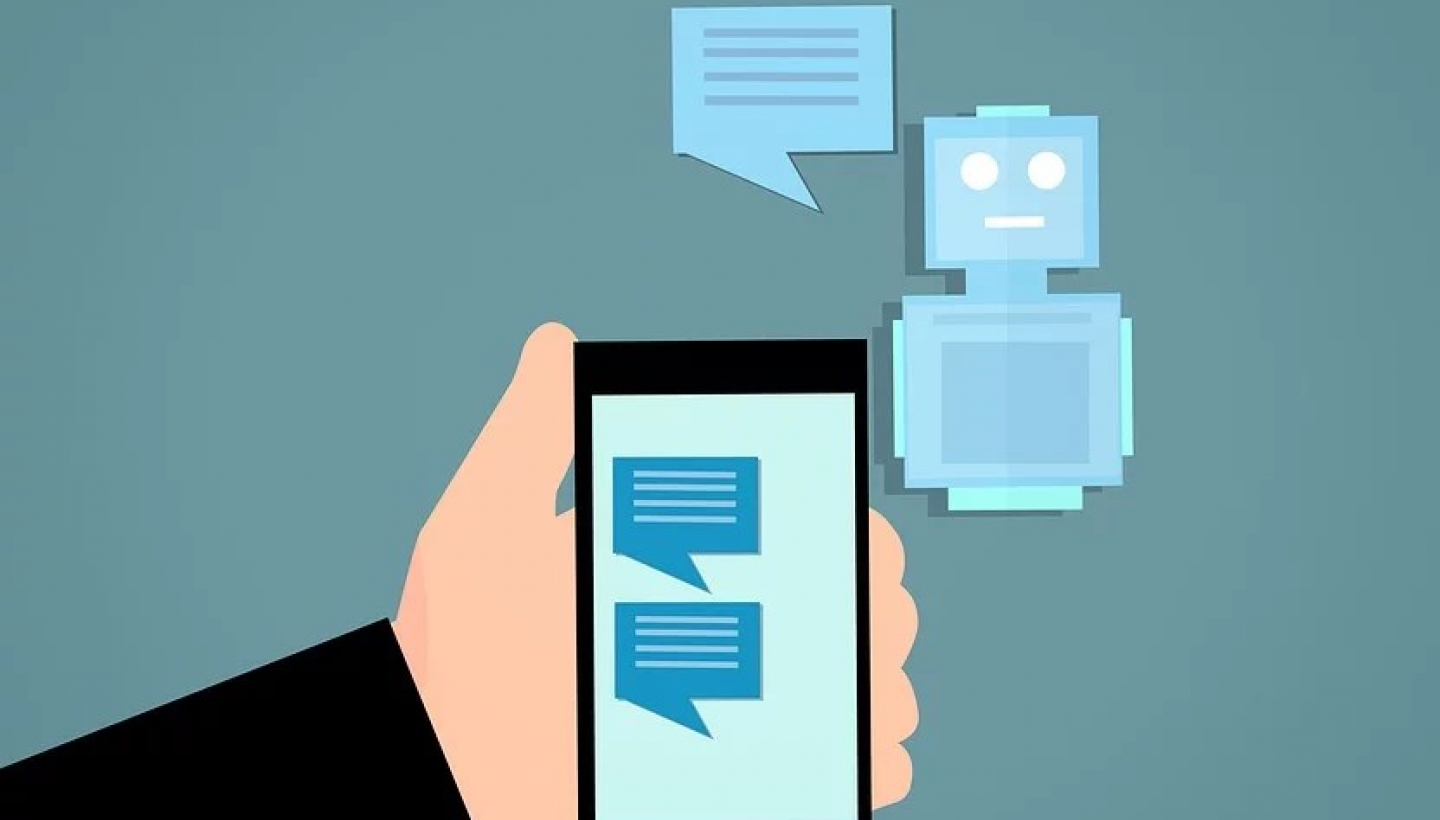By Cristina Sánchez
Chatbots and voice assistants are making greater and greater impacts on companies every day. Their ability to communicate with customers and employees will save 6,600 million euros in 2023 in the banking sector alone. Chatbots are even driving new business models.
They respond instantly at any time of day, and they never forget what they learn. Although they are human, modern virtual assistants enabled with artificial intelligence (AI) increase the efficiency of companies thanks to their ability to talk with customers and employees through speech and writing.
The improvements that technology has experienced in recent years and those that have yet to come will save the banking sector alone about 6,600 million euros in 2023, the equivalent of 862 million hours of work, according to a study by Juniper Research. In 2019, this figure already amounted to 190 million euros. But the potential of this technology goes far beyond banking. The firm also predicts that thanks to virtual assistants, the retail sector will reduce costs by 400 million euros and the healthcare sector by 3,370 million euros within three years.
Although they are still far from reaching a deep semantic understanding and operating without mistakes, their weight in the economy is growing thanks to a series of recent advances. The improvements in natural language processing (NLP) have allowed chatbots to be able to understand written questions and generate understandable texts. Additionally, advances in speech recognition and synthesis have given rise to voice-enabled assistants, capable of listening to humans and chatting with them aloud. In fact, thanks to their refined state, these products became part of the annual selection of The 10 Emerging Technologies 2019 of MIT Technology Review.
Technological giants are the main drivers of these systems, which they usually integrated into smartphones and smart speakers that already serve as virtual assistants in many homes. In 2020, 150 million smart speakers will be sold worldwide, according to Canalys predictions, with Amazon leading sales of these devices.
Amazon’s first product, launched in 2014 in the USA, was Echo, a smart home speaker that incorporated the Alexa assistant as its brain. Over time, gradual improvements allowed Echo to expand its uses by different industries. And now, the plan of Alexa’s developer, Rohit Prasad, is to turn the assistant into a "productivity enhancer" and be "really omnipresent" to anticipate the needs of customers.
The search giant, meanwhile, also launched its own range of AI speakers: the Google Home, with the integrated Google Assistant. But his biggest surprise came in 2018 with the presentation of Google Duplex, a disturbing talking AI so powerful that it could be confused with a human. The company began to implement this in some of its Pixel phones.
They are joined by Apple HomePod, who chats thanks to Siri, the famous assistant of the iPhone. Meanwhile, Microsoft offers Cortana in its software, although it has not yet been launched to the speaker market.
What is a talking AI for?
The popularization of the aforementioned systems and devices is forcing companies in all sectors to consider how to integrate them into their businesses to adapt to customer demands and gain competitive advantage though the efficiency that these devices bring.

There are two main uses of these technologies in modern companies:
1. Customer service
Resolve user issues, advise them in a personalized way on what product or service to buy and offer post-sales assistance are some of the tasks they perform. AI can support human agents so that humans can engage in more complex tasks, collect useful information about the interests of customers and provide added value to users.
For example, Endesa customers can ask for data about their invoice from both Amazon Alexa and Google Assistant. Netflix can control the series with their voice. In the banking sector, Caixabank has integrated in its website and its app to Neo, a chatbot that also answers queries in the main voice assistants, and Bank of America offers financial advice automatically through Erica, which already has 10 millions of users
"Before, on any website you had a contact page to send an email, which can take time to manage. Now, you can program a wizard to answer the FAQs and reply immediately or refer the query to the appropriate person," explains designer UX/UI in Opinno Diego del Balzo. Along with other colleagues from the company, Del Balzo developed a skill for Alexa (an escape room in which the assistant gave clues to users based on their geolocation) with which they recently won a hackatón at the Voice Conference Spain event.
2. Optimization of internal processes
In addition to communicating with customers, bots can chat with a company's own workers to help them with their tasks. For example, AXA has launched three assistants who perform repetitive administrative work in various departments, with which it expects to save more than 18,000 human hours per year. Cepsa has a chatbot, MAX, trained with 5,000 different questions to optimize the relationship between employees and the human resources area.
On the other hand, the Spanish start-up Zapiens has created a conversational AI system that helps third party companies: it gathers the information of a certain company in a corporate brain that workers can consult.
Unicorns thanks to chatbots
As opposed to companies that have decided to rely on virtual assistants to save time and costs, others are betting on making them a strategic part of their business model. A good example of this is the American start-up in the insurtech field, Lemonade, which offers all its services online and uses AI to automate them. Considered by Forbes to be one of the most promising AI companies in the US, it already has more than 500,000 clients and manages 30% of complaints without human intervention.
Lemonade users talk first with Maya, who advises them on available homeowner's policies. The Jim bot reviews the claims, compares them with the policies and runs anti-fraud algorithms. In 2019 alone, Jim handled nearly 20,000 claims. A third bot, named Cooper, is in charge of administrative tasks.
In the health sector, the British start-up Babylon Health stands out. It has developed an AI system that analyzes medical databases to interpret a patient's symptoms and provides initial advice through a chatbot. Its technology obtained a score of 81% in the UK's Royal College of General Practitioners exam, 9% more than the average student score. The company has integrated its technology into the National Health Service through GP at Hand, a digital office for patients to chat with the application and talk to a doctor via video.
Both Babylon Health and Lemonade are already unicorns (technology companies valued at more than $1 billion before they were listed on the stock exchange), with a valuation that is twice as high as that required to be part of that club. These success stories show that chatbots and voice assistants have come to the corporate arena to stay. "The companies that invest in virtual assistants first are the ones that are going to learn and correct their mistakes fastest," concludes Del Balzo. So companies must now think about how to integrate these systems that talk to customers and employees in a helpful way, as if they were human, to remain competitive.



